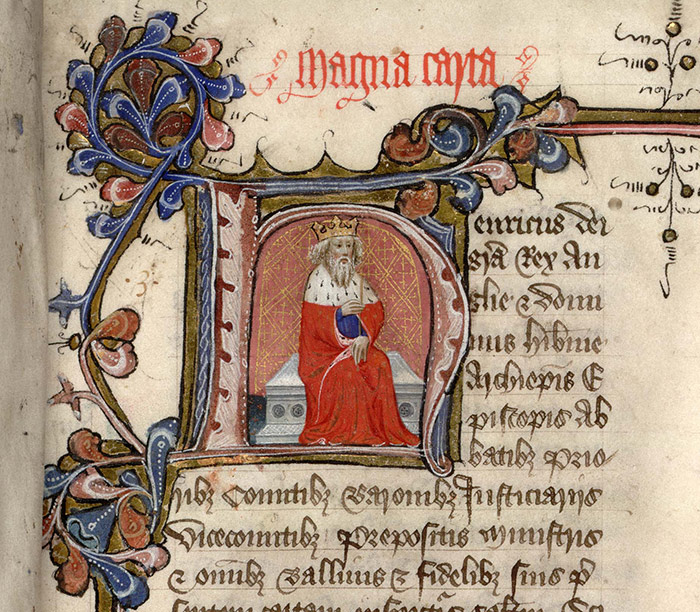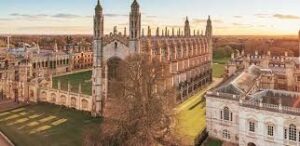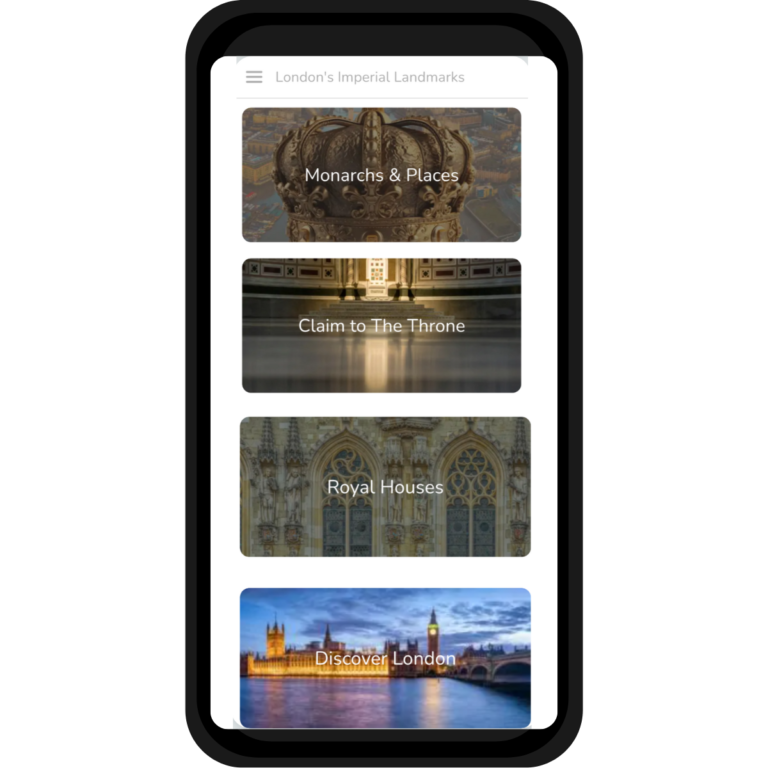King john
Known as ‘John Lackland’ which means ‘without land’ as he was not expected to inherit land.
King John is most famous for signing the Magna Carta (The Great Charter) at Runnymede – 15th June 1215, it contained 63 promises – the King was no longer the sole power of the country – no monarch would ever again have complete authority but was restricted and not above the law.
The ‘Great Charter’ (Magna Carta) is one of the most important documents in British History.

john lackland
John was also known as John Lackland (sans terre) - which was a nickname because, as he was the youngest child - there was no land for him to inherit
Angevin Empire
John was unpopular as a King, he was also ruler of the Angevin Empire - Normandy, but had lost Normandy, which meant less money from taxes, and he increased taxes in England this angered barons, which lead to the Magna Carta.
Pope Innocent III
The people of Scotland, Wales and Ireland all resented his power. Pope Innocent III excommunicated him from the Church (1209-1213).
The Magna Carta guaranteed justice. It established a Council of 25 Barons to advise the King, this was perhaps the beginning of Parliament
A copy of the Magna Carta is held at the British Library, Euston Road, London NW1.
John was, apparently, not too concerned about Richard’s imprisonment during the Third Crusade – as this meant he would inherit the throne – which he did!

Cambridge University was founded during John’s reign – 1209.

At a Glance, the App Includes:
- British Monarch connections to key locations
- Places of Interest across London
- A Monarch Timeline for historical context
- Detailed information about Royal Houses
- Insights into the Claim to the Throne
- A comprehensive Landmark Directory
- Engaging Quizzes to test your knowledge
- Podcast library for easy listening and learning
Contact Us
If you are interested in a particular monarch and would more information, just drop us an email.
